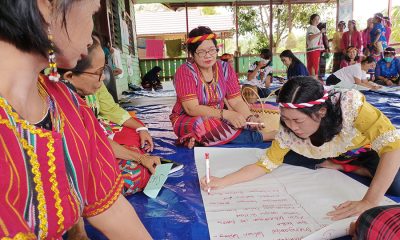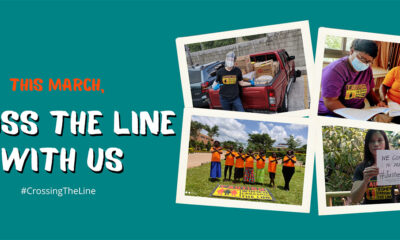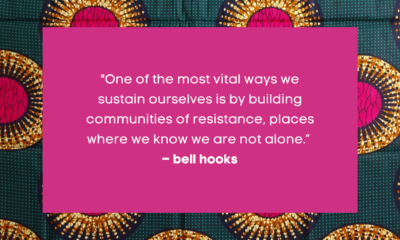"Women, regardless of their level of education, where they live, or status of their marriage…
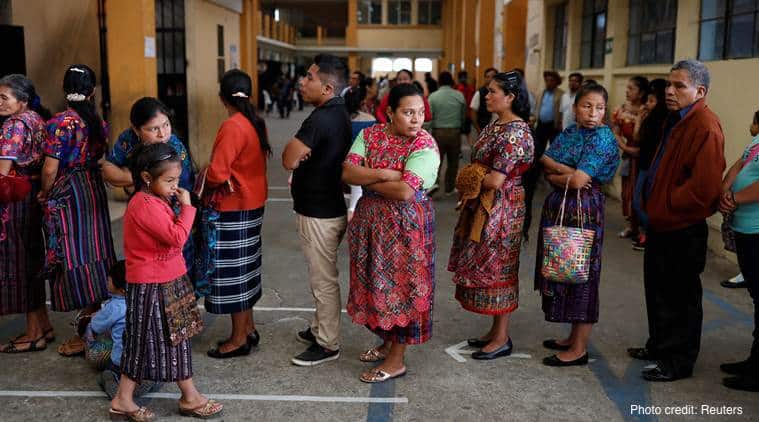

Elections are often discouraging and marred by violence and corruption. Even when our favorite or preferred candidates win, we don’t get everything we hoped for. And yet, elections still impact our lives in many ways. It can make a huge difference who is elected at any level—from the most local to the national. This paradox continually sparks debates among movements and activists. Should we participate in elections? Should we ignore them? Are they an opportunity, a peril, or a waste of time?
In this newsletter, we delve into the contested issues of democracy and elections and how they are shaping our world today.
We spotlight the troubling erosion of democracy across the globe and offer insights and pathways for social transformation in relation to elections from the perspective of feminist movement building in the countries where we work.

In many countries, right-wing groups are exploiting the challenges brought by the Covid-19 pandemic and other on-going crises and perceived threats, to advance authoritarianism and conservative agendas. A central pillar of their strategy is the undermining of democratic institutions— including courts, elections, journalism, civil society—and civic values such as the right to dissent and accountable governance. In places like Myanmar and the Philippines, the rise in authoritarianism is accompanied by a decline in the respect of basic rights and rule of law. Repression is high as activists and people who speak out are arrested and attacked.
Considering these contextual shifts, we must ask, can elections translate into the equality, justice, and transformation we seek? The stories featured in this issue argue for a more nuanced and movement-oriented perspective.
While recognizing that elections have real consequences for our lives, the authors challenge the commonly held belief that casting a vote is the be-it and end-all.
They argue that investing in local and community movement organizing remains the most powerful line of defense against the systemic and complex power dynamics at play. Everjoice Win, a JASS co-founder and longtime advisor, captures this sentiment –

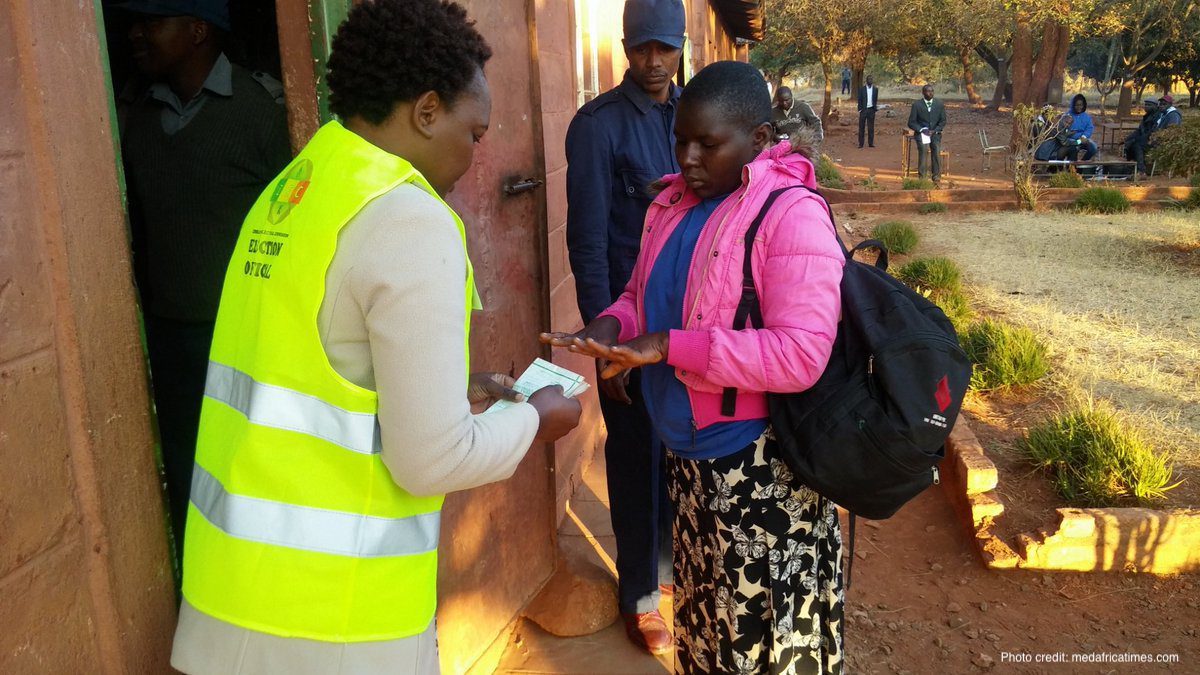
Southen Africa
Post-election: What is Zimbabwe’s clock telling us?
Adelaide Mazwarira interviews five women activists from Zimbabwe who reflect on the contentious election results and explore their implications for future organizing and strategies. Read here.
Southeast Asia
Indonesia: Women’s 10 Demands for the 2024 Election
Osang Langara demonstrates how elections can be an opportunity for women activists to contest for power and voice. Read here.
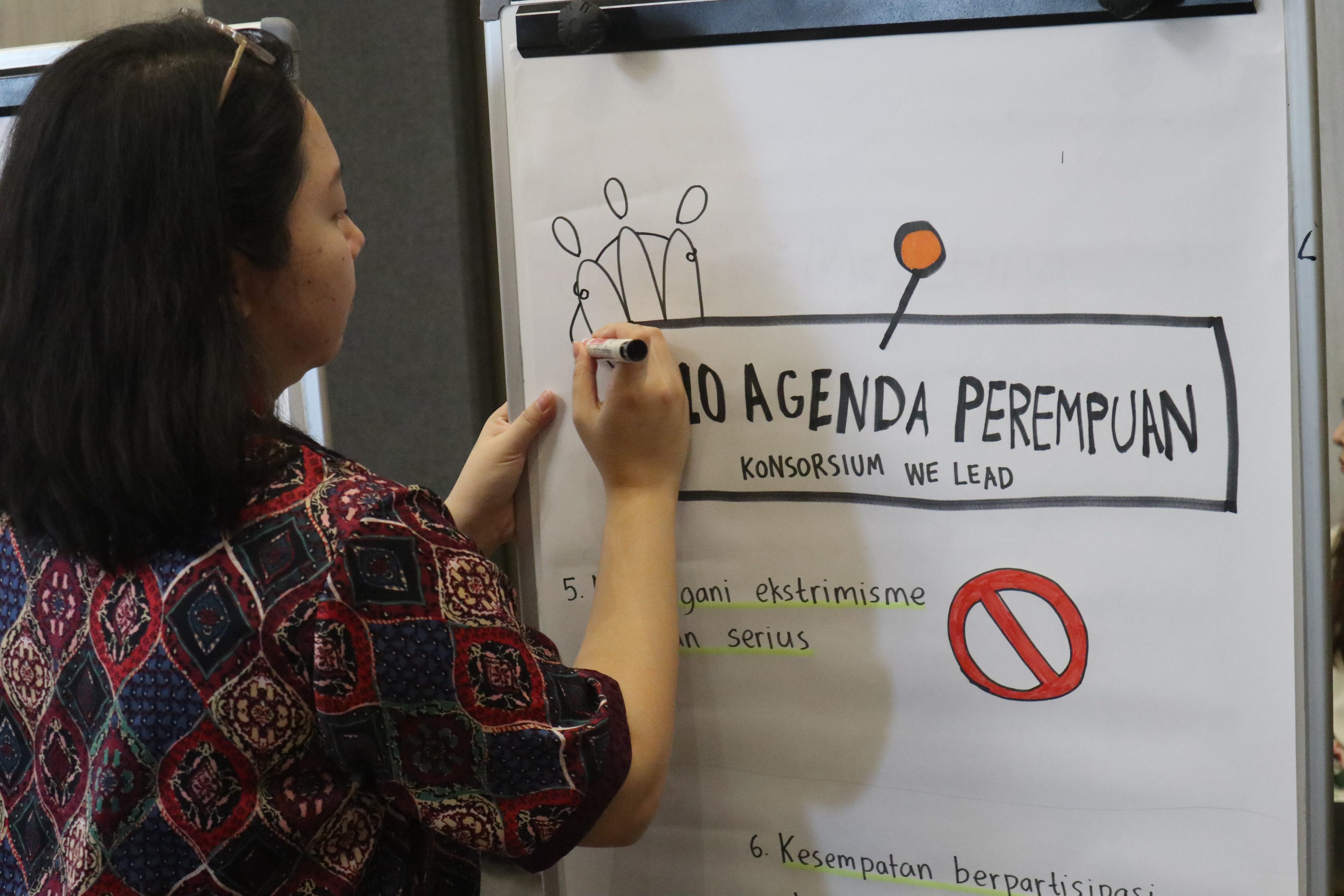
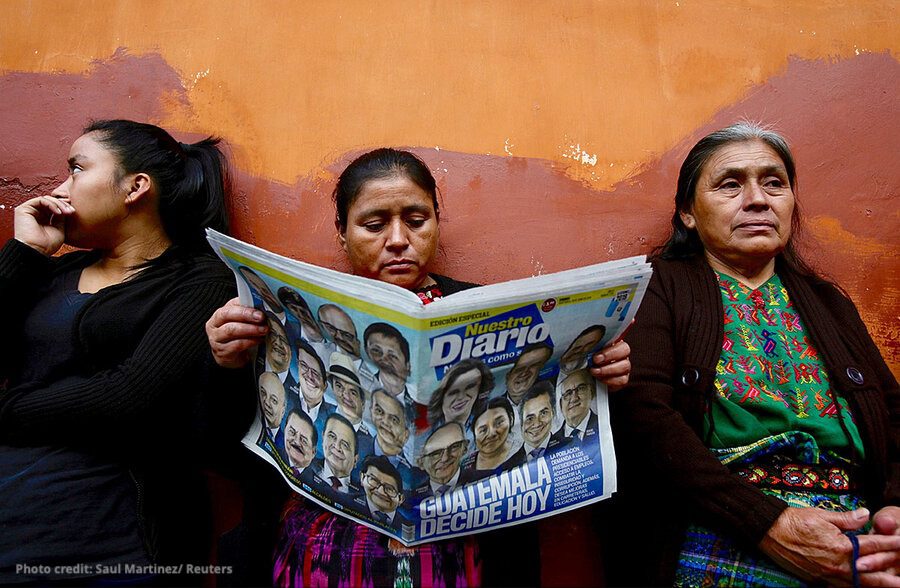
Mesoamerica
Laura Carlsen delves into the significant win by Bernardo Arévalo, emphasizing its potential as a pivotal step forward. Carlsen argues that movements can harness this momentum to address long standing structural challenges. Read here

We hope these insights inspire you to reflect on the state of democracy and elections in your contexts. As always, we invite you to join the conversation on our social media.
In solidarity,
JASS

